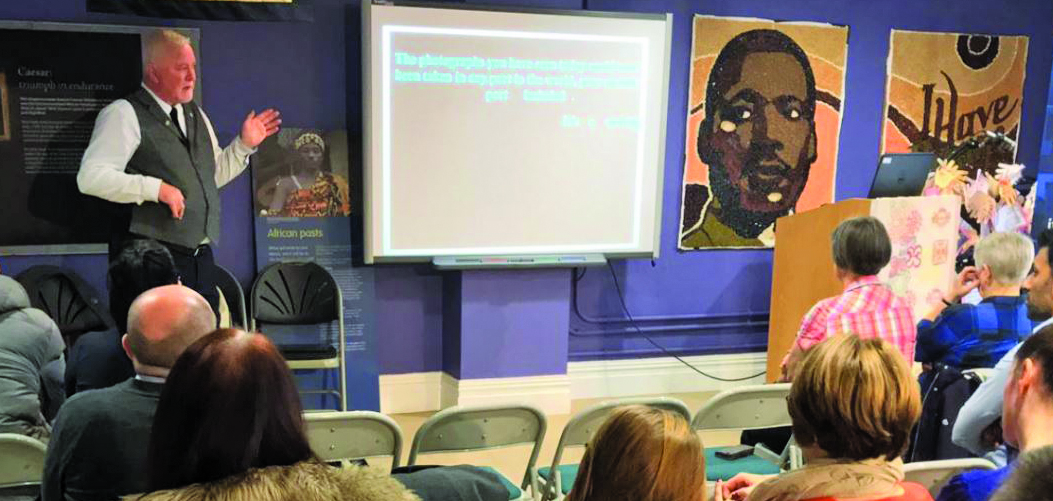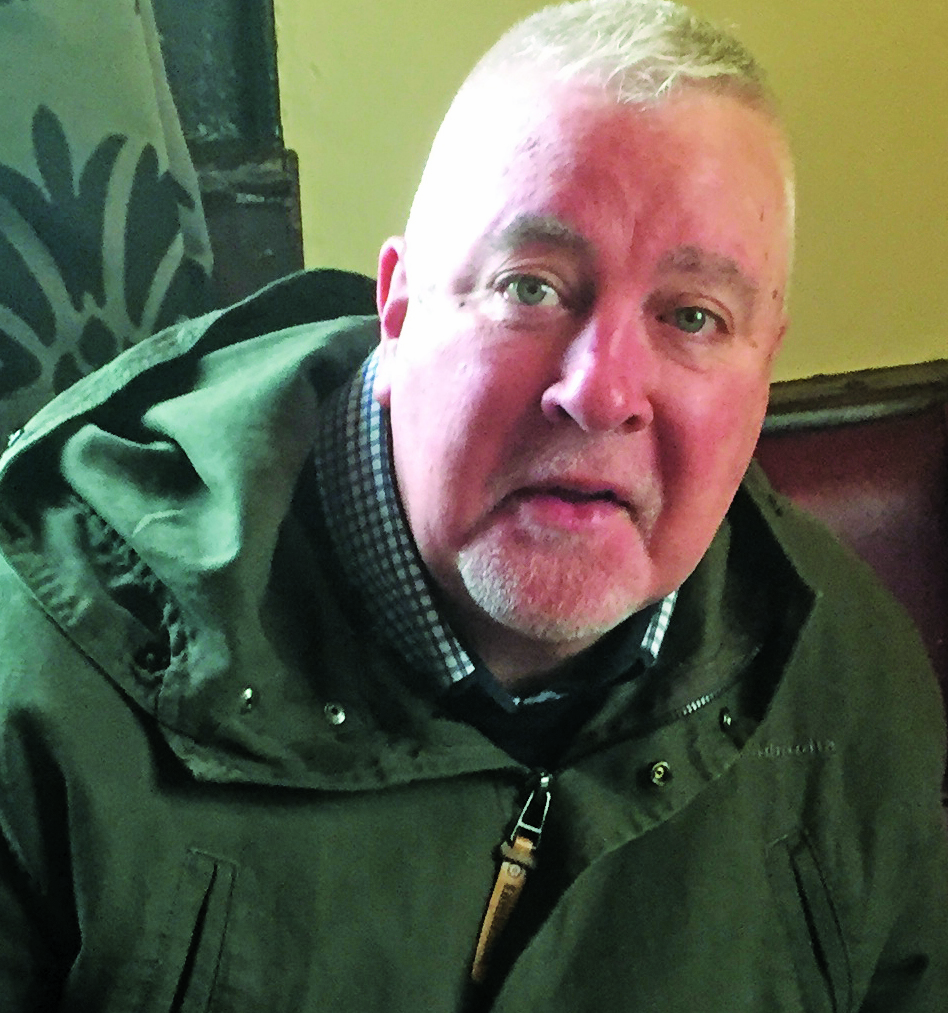Face of Nautilus: Tommy Molloy, Nautilus /ITF inspector for Liverpool, NW England and Wales
27 January 2020

Tommy Molloy is often seen in the Nautilus news with seafarers he has helped through his work with the International Transport Workers' Federation (ITF).
His job is to visit ships berthed at ports in his region to check that the crews are being given the right pay and conditions, and he is part of a band of ITF inspectors around the world who are drawn from maritime unions in their own country – in this case Nautilus.

Tommy knows all about working in tough jobs and being denied employment rights, and how trade unions can help. 'I've done loads of things,' he muses. 'I became a seafarer after being inspired by two uncles who had seen the world with Blue Funnel, but I ended up blacklisted [i.e. placed on a secret list of so-called troublemakers who are not offered work, often because of their union activity]. Next I was a hod-carrier and got blacklisted in the building industry, and I had a year of unemployment before moving 200 miles to become a brick-maker.
'Later in my career, I became a trade union industrial studies tutor working out of Surrey University, and in 1995 I joined ITF and worked with the Actions Unit in the Maritime Department. I moved to Nautilus in 2001 and spent four years as an industrial official before successfully applying to become the first ITF inspector appointed in Liverpool in 2005. I have been seconded to ITF since then.'
When we interview colleagues for The Face of Nautilus at the Telegraph, we often ask them for their career highlights, and Tommy has an interesting take on this. 'For me to have highlights in my ITF inspector role, seafarers have had to endure some real lowlights,' he explains, 'so perhaps "highlights" is the wrong word to use in this context. But it is always pleasing to recover unpaid wages or the correct contractual pay for seafarers, force owners to repatriate crew when it's overdue, ensure there are adequate and quality provisions and so on. You can see the difference you make in the faces of the crew. Often their first reaction is to get on the phone to family to reassure them all is well, and that's a very rewarding part of the job.'
Another standard question is to ask colleagues to describe a typical day at work, and again Tommy's response is characteristically thoughtful. 'There can be a typical start to a day. I will see what ships are in port, and using all the tools available to me via various databases and so on, I will determine which would be most appropriate to inspect.
'Once onboard it's never typical. I will meet with as many crew as possible and spend time building a rapport and putting them at ease. I will check all employment related documents to ensure compliance. I will also check the availability of PPE [personal protective equipment], accommodation standards, food stores, leisure facilities. The results can lead to me contacting various authorities and ITF affiliated unions. I have often been on a vessel through the night calculating a claim to present it to an owner/operator, which can then lead to protracted negotiations.
'Sometimes claims are settled quickly, the cash arrives, and the crew paid or proof of payment into bank accounts is provided. But I've also known ships to remain in port for many months before settlement. The longest I've known remained in port for almost five years. It can take much more effort to find and then claim US$500 for one crew member than US$150,000 for a crew. But the best result is when all is in compliance and the crew are relatively well looked after and happy.'
Tags
More articles
Nautilus ITF inspector raises concerns over traumatised crew after fatality on Dutch-flagged cargo vessel
Inspector visits the FWN Rapide in the Port of Liverpool, a month after the accident onboard at a previous port in British Guyana.
